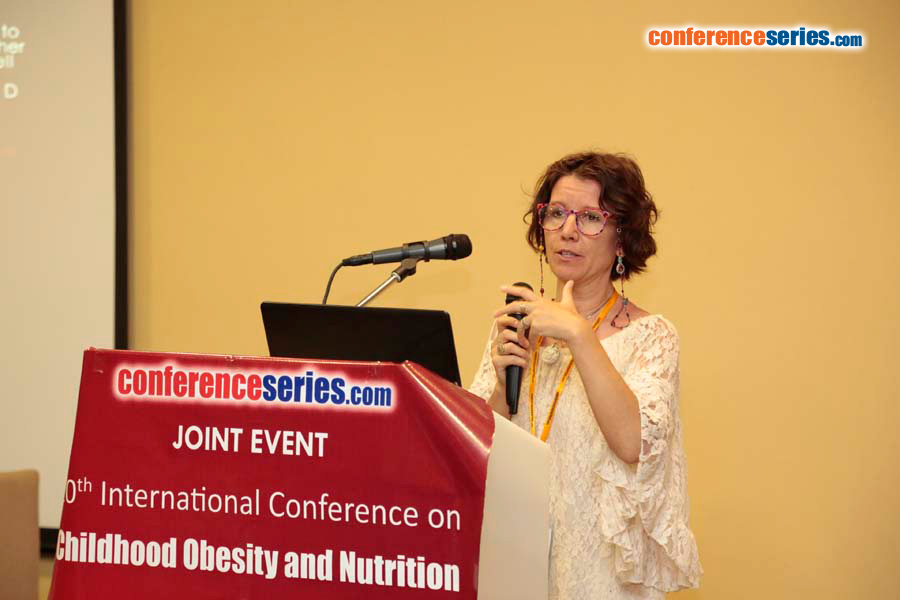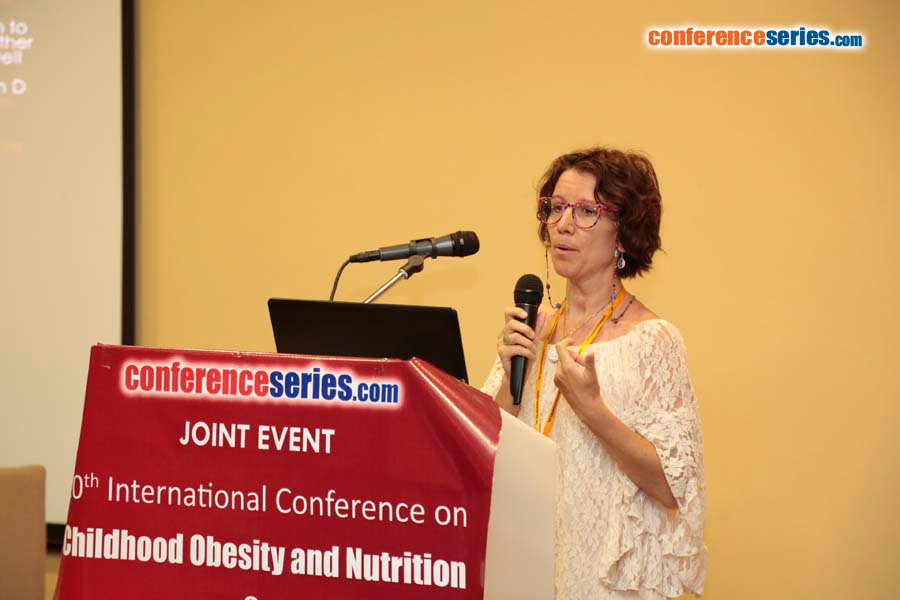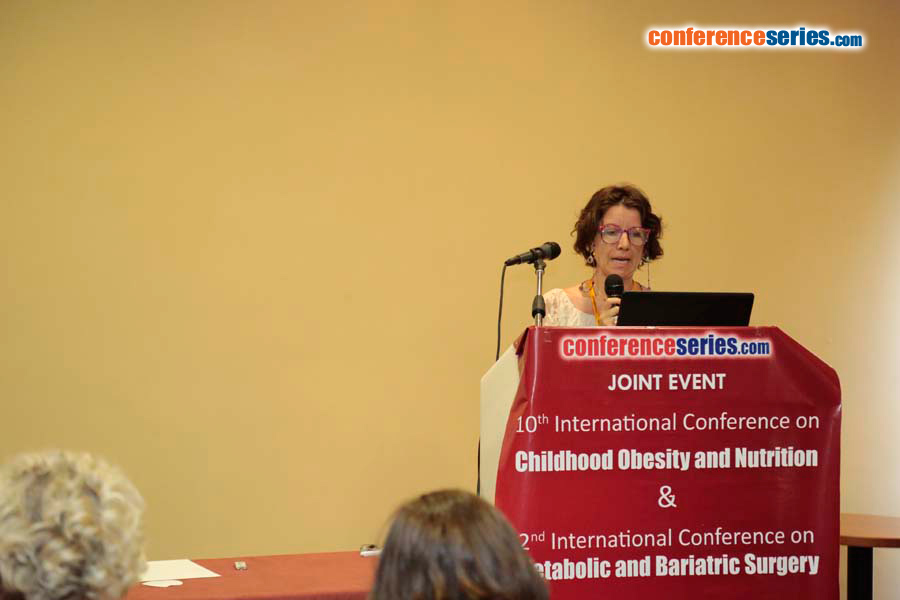
Ellie Wright
EGW Research Institute LLC, USA
Title: Topic: Childhood obesity: the relations between fatty acids, gut microbiota and low grade inflammation
Biography
Biography: Ellie Wright
Abstract
The purpose of this research is to analyze if low grade inflammation in obese children could be address with probiotics/prebiotic and fatty acids as they play a role in intestinal permeability, intestinal inflammatory responses and regulating insulin and fat storage. Recent evidence suggests that gut microbiota is involved in the control of body weight, energy homeostasis, inflammation and plays a role in the pathophysiology of obesity. Obesity in children is characterized by low grade inflammation expressed by proinflammatory cytokines, adipokines and reactive oxygen species. With the increased usage of antibiotics and refined foods there is an increased alteration of microbiota done via several mechanisms: increasing gut permeability with subsequent metabolic inflammation, impairing short-chain fatty acids synthesis, and altering bile acids metabolism. Probiotics/prebiotics affect the gut microbiota directly and indirectly by modulating its bacterial content and through bacteriocins. Long-chain saturated fatty acids are associated with dysbiosis while short-chain and certain unsaturated fatty acids, protect against dysbiosis and possible may promote insulin sensitivity and regulate energy metabolism. This research aims to find nutritional approaches for preventing and attenuating the pathological consequences of obesity in children.






